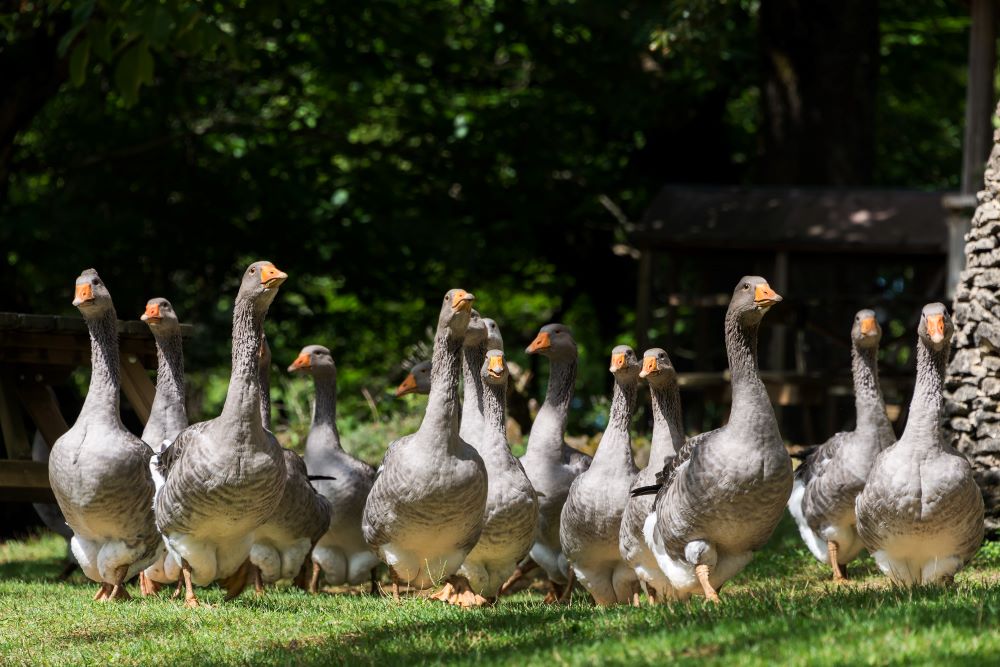
The UK government is set to reject demands to allow imports of hormone-treated beef from Canada ahead of trade talks with the country that are due to start in April.
Canada uses hormones to speed up the development of beef cattle, but UK trade officials are said to regard food standards as a ‘red line’ issue.
A DIT spokesman said: “Maintaining our high food safety and animal welfare standards is a red line in all our trade negotiations, and all food and drink products coming into the UK must comply with our import requirements.”
Concessions
The Telegraph reports that while Canada regards the process as safe, it does not expect to be able to change a policy that even the US was not able to shift in its own negotiations with London.
However, Sam Lowe, trade expert at Flint Global, said Canada will likely use the issue as “leverage” to get concessions elsewhere, including as greater tariff reductions.
“But because this is an area in which the UK is arguably non-compliant with both its WTO commitments, but also the CPTPP rulebook, it would be odd if Canada didn’t try to use this to get something in return,” he added.
CPTPP milestone
The UK recently reached ‘a major milestone’ in its bid to join the Comprehensive and Progressive Agreement for Trans-Pacific Partnership (CPTPP) when it moved into the second ‘market access’ phase of negotiations.
Canada is a CPTPP member and trade minister Mary Ng was said to have asked probing questions about the UK’s hormone stance at a recent meeting of the group.
Fur and foie gras
While the UK is set to adopt a tough stance in negotiations with Canada, it could be about to step back from a wider ban on imports of fur and foie gras.
Restrictions on both were set to be included in the new animal welfare legislation, the Animals Abroad Bill, but several Cabinet ministers are reported to have raised concerns, according to the BBC.
Brexit opportunities minister Jacob Rees-Mogg is said to regard the issue as one of consumer choice, reports the Independent.
Committed
In a speech to the National Farming Union (NFU) on Wednesday, environment minister George Eustice will underline the government’s commitment to animal welfare in its trade policies.
“We want to support confidence in UK food internationally, prevent environmental harm, and protect biosecurity and animal health and welfare,” he will tell farmers.
Negotiations
Food standards and welfare have continually arisen as issues in the government’s post-Brexit trade negotiations.
The UK’s deal with Australia provoked ire from British farmers over concerns that the UK will be flooded by cheap, factory-farmed meat.
However, AHDB strategic insight manager, Sarah Baker, told Pig World that the final agreement includes “a non-regression clause” on animal welfare, which “for the first time in a UK free trade agreement ensures that neither party can regress on current animal welfare standards in order to undercut the other party on price”.
The UK’s long hoped for trade deal with the US has also thrown up issues around food safety, including the treatment of chicken with chlorine wash, hormones in beef the use of and pesticides.
City AM also reports divisions in government over trade talks with India due to the country’s use of pesticides in food production.



